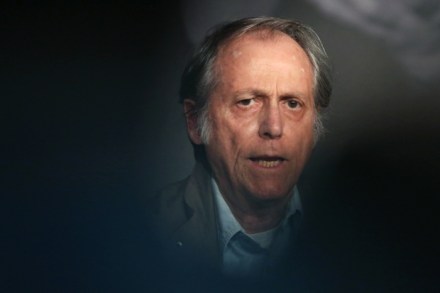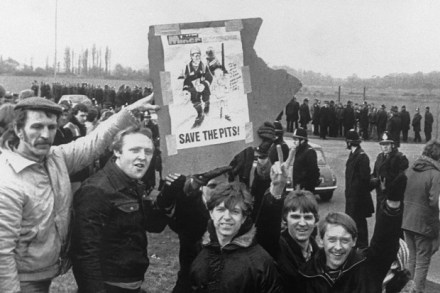A dementia tax would be a euthanasia bonus
Had Theresa May not on Monday summarily abandoned her manifesto threat to raid the savings of those who end up senile in care homes, I had planned to defend the idea here in terms that might have added to her woes. I’ll do so regardless. The so-called dementia tax would, over time, have become a euthanasia bonus. And that would be a good thing. As I argued on this page two weeks ago, morality is the father of religion, and not the other way around. Secular morality can be largely explained by social Darwinism. For a society to prosper it requires an ethical framework that boosts, rather than encumbers, the











